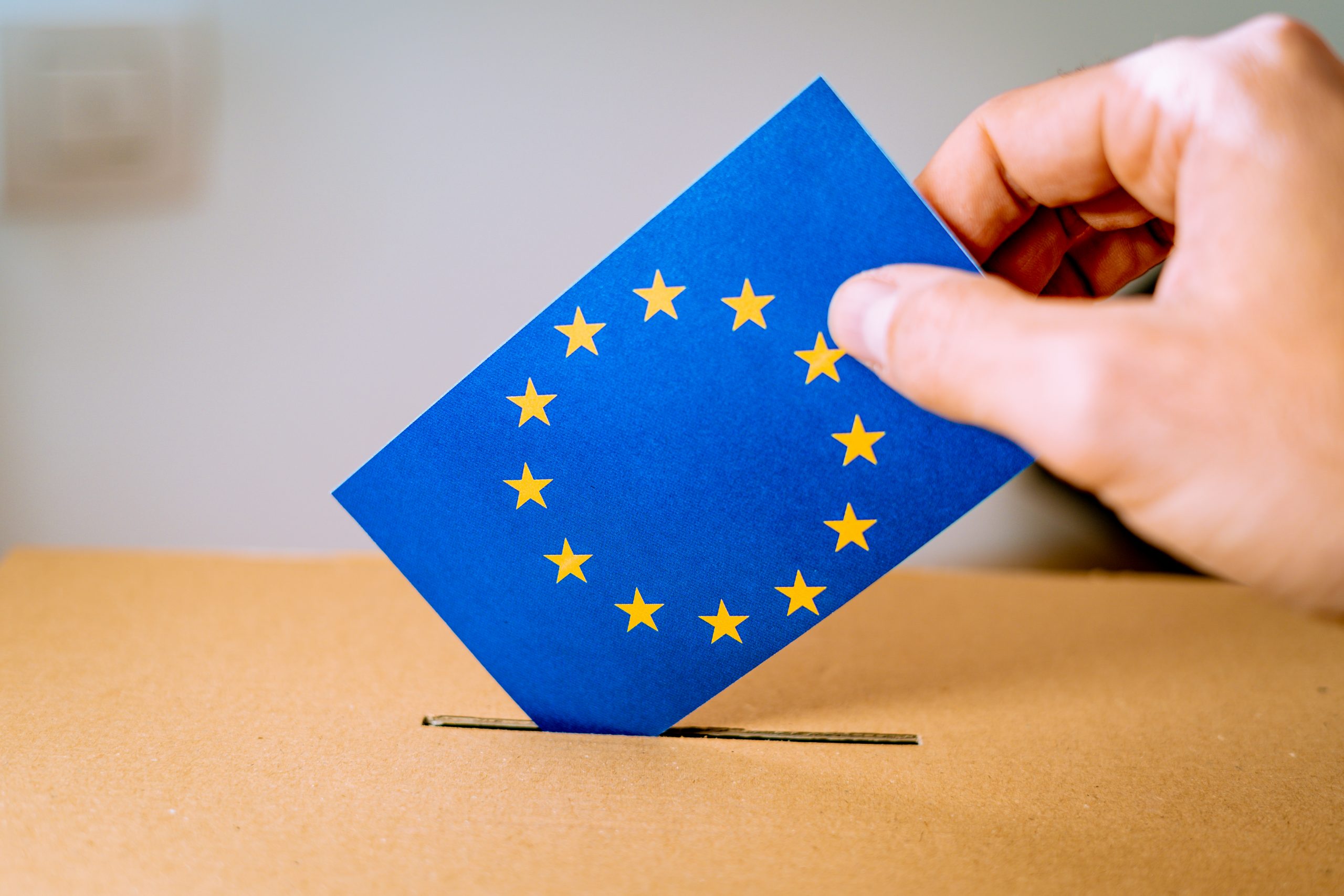Every living organism mobilizes its immune system in response to external invasions and threats. Failure to do so indicates a system that is in decline and nearing the end of its life cycle. A reaction, even if it fails to cure the system, indicates that the system is functional and alert. In political terms, the rise of populist political forces in Europe which espouse an anti-systemic and anti-EU rhetoric is an undeniable reality. Of course, during 2023, the election result in Poland, with the victory of the coalition led by former European Council President Donald Tusk raised hopes that the country’s democratic backtracking could be brought to a halt. However, political developments at the national level in Hungary, Slovakia and the Netherlands, as well as the regional level in Germany, show that the problem is widespread and that the electoral contests upcoming in 2024—and, above all, the election for the new members of the European Parliament in early June—will once again see ‘barbarians’ of one sort or another elected to office.
Predicting a result six months before an election is a risky undertaking, and even more so when basic information—including who the candidates will be for the post of Commission President—remains unknown, to the limited extent that these factors influence the result. After all, political time is notoriously hard to estimate, given that a torrent of developments can literally turn everything upside down in a very short space of time. In the Netherlands, there were no indications that Geert Wilders would win such a resounding victory in November, not even in the final polls before election day. In Greece, too, the polls have repeatedly failed to capture groundswells of this sort in voter preferences. Voters who opt for anti-systemic candidates tend to refrain both from participating in polls and openly declaring their political beliefs, so any forecast of how these forces will perform in the upcoming EU elections could end up being very wrong indeed. However, there is no denying the anti-systemic trend, and one would expect our democratic and liberal political forces to react to it. Indeed, the intensity of that reaction is the best indicator of the current health of the European project.
In the previous European elections, in 2019, similar concerns and fears mobilized voters en masse, resulting in the highest turnout since 1994 (at just over 50%). A mass mobilization of this sort will also be crucial this coming June. This is because, as experienced by the majority of the European electorate in their daily lives, the benefits of European integration are too broadly distributed to mobilize the demos, which tends to take them for granted or know little about them. In contrast, the costs of unification, whether in the form of a loss of sovereignty, an ongoing social transformation or a purely economic burden, create protest groups characterized by greater militancy and solidarity. Some of these groups articulate a—typically far-right—discourse of political radicalization, while others resort to simplistic populist approaches. In any case, their audience is largely both pre-defined and “captive”. Without ignoring these disaffected groups, the mobilization of the “great silent majority” of European citizens is the primary challenge, since it will determine the electoral outcome.
A mobilization campaign should focus on highlighting the key challenges and high stakes of the five-year political cycle that will begin in 2024. Rapid regional destabilization with evolving and new security threats, the prospect of further EU enlargement, institutional reform—possibly through the introduction of differentiated levels of integration, climate change and the additional migration flows this leads to, and the digital transformation of the economy and society are just some of the rapidly-evolving challenges we will have to face as the European Union over the next five years. These challenges relate to challenges that are better and more effectively addressed at the European, rather than the national or regional, level. Still, care must be taken as to how these issues are framed and presented. It will not be enough to simply present and cite the EU’s achievements, however important they may be and how insightfully and incisefully they are communicated. It will be essential both to link them to people’s daily lives and to tailor them to specific categories of citizen. Whether the mass mobilization we need this summer occurs will depend on how successfully the campaign makes it clear that the EU project is the best possible option for tackling this long list of critical challenges in the long term. In other words, how Europe votes will hinge on whether we can create a long-term vision for Europe’s future.
However, no matter how effectively the silent majority is mobilized and how Europe votes in the elections, the next political cycle will provide the main political families in the European Parliament with the opportunity to prove their political maturity. Especially if anti-European forces are sufficiently well represented to potentially oppose and obstruct initiatives aimed at deepening EU integration, it is crucial for the stability of the system that those parties that support the European project join forces and cooperate effectively, despite any ideological differences they may have. There are institutional counterweights in place. The question is whether we will be able to employ them if the worst comes to the worst and we need to. But that is another conversation, one for the day after the European elections.
*Spyros Blavoukos is Professor at the Athens University of Economics and Business and Senior Research Fellow and Head of the EU Institutions and Policy Programme at ELIAMEP
This article is part of the annual Special Edition “ELIAMEP Outlook – Predictions for 2024”, where ELIAMEP’s leading analysts and associates share their predictions for the year ahead. They assess the main challenges, trends, risks, potential opportunities and inflection points of 2024 for Greece, Europe, the Mediterranean and the world.



